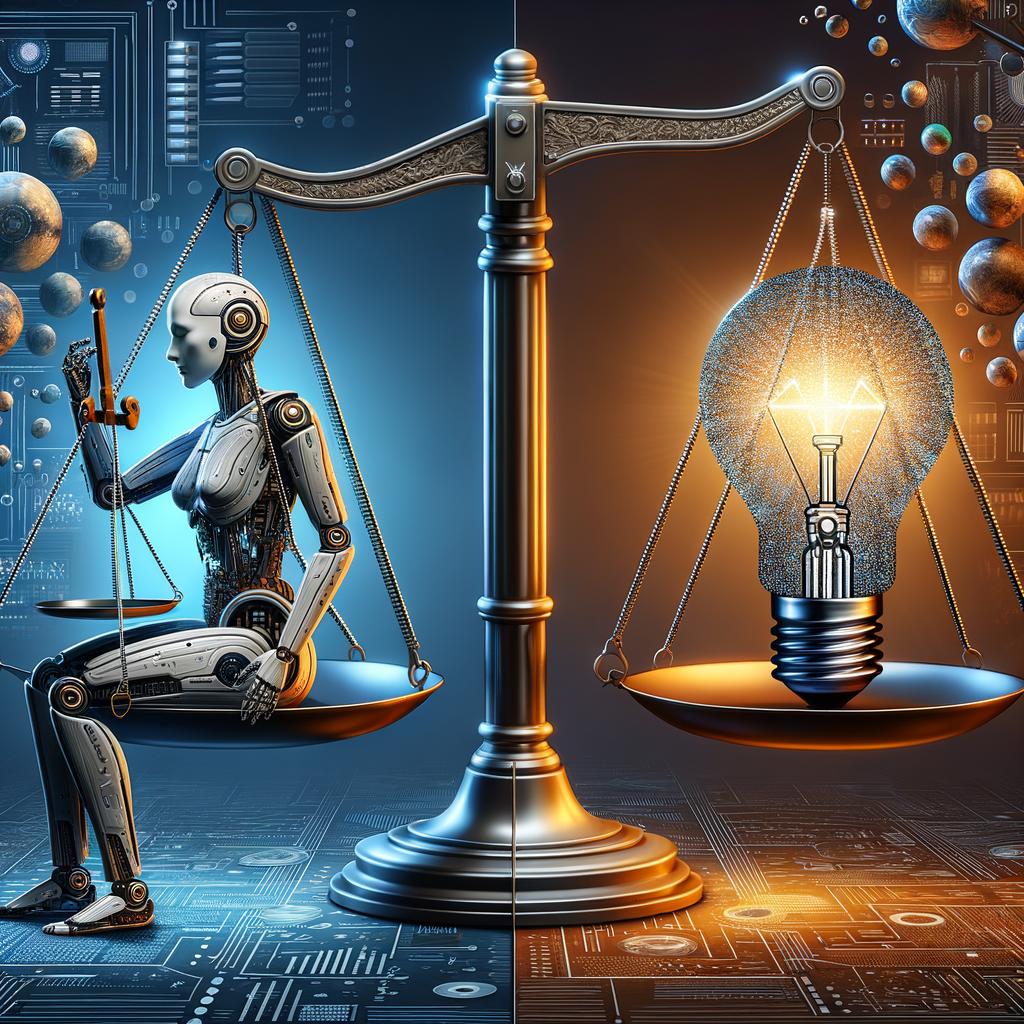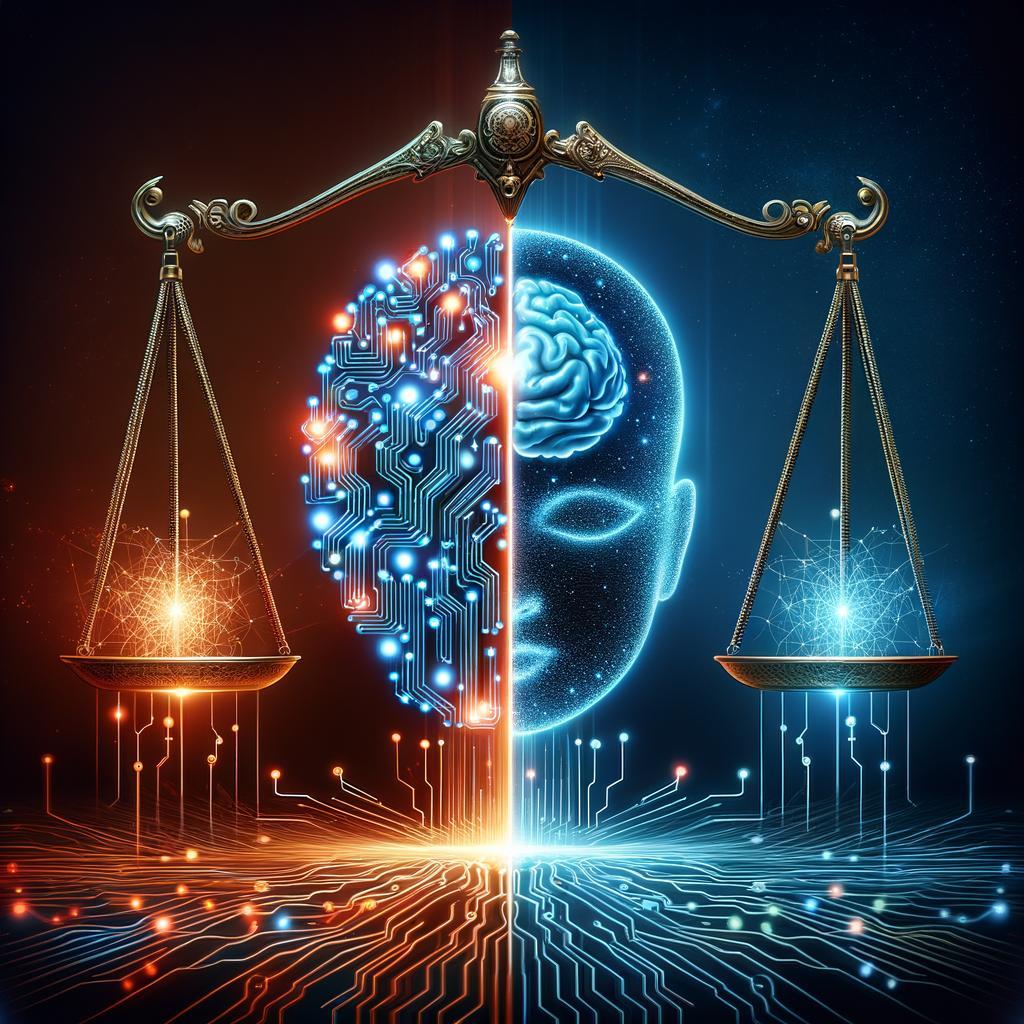In an era where artificial intelligence (AI) is reshaping industries, enhancing everyday conveniences, and pushing the boundaries of what machines can achieve, the promise of innovation is both exhilarating and daunting. As we stand on the precipice of unprecedented technological breakthroughs, it becomes increasingly crucial to examine the ethical implications that accompany this rapid advancement. From biased algorithms to privacy concerns, the powerful tools developed by AI are not just changing how we work and interact, but also how we define our values as a society. In this article, we will explore the latest developments in AI technology, highlighting groundbreaking innovations while emphasizing the necessity of a balanced approach that prioritizes ethical responsibility. By fostering a dialogue around the moral dimensions of AI, we can harness its potential to benefit humanity while safeguarding against potential risks, ensuring that progress does not come at the expense of our fundamental principles and social fabric. Join us as we navigate the intersection of innovation and ethics in the age of AI, advocating for a future where technology and responsibility go hand in hand.
As AI technology continues to advance at a staggering pace, its potential to transform various sectors of society is undeniable. From healthcare to education and beyond, innovative applications are emerging, promising to improve efficiency and effectiveness in ways previously thought impossible. However, with this rapid evolution comes a growing concern regarding the ethical implications of AI deployment. It is crucial that stakeholders—from tech developers to policymakers—understand the imperative of ethical governance in ensuring that these tools are developed and implemented with the utmost consideration for societal impacts. Without established guidelines and principles, we risk creating systems that reinforce biases or diminish human oversight.
To navigate this complex landscape, several strategies for responsible innovation must be emphasized:
- Transparency: AI systems should be designed to be understandable and accessible, allowing users to discern how decisions are made.
- Accountability: Clear lines of responsibility should be established to address the consequences of automated decisions.
- Inclusivity: Diverse perspectives must be included in the development of AI technologies to avoid marginalized voices being left out of the conversation.
Moreover, a collaborative approach among technologists, ethicists, and legislators is essential to strike the right balance between innovation and ethical responsibility. By fostering dialogue and creating robust frameworks, we can ensure that AI serves as a catalyst for positive change, rather than a tool of division or uncertainty.
In Conclusion
as we stand on the brink of a new era defined by remarkable AI breakthroughs, it is imperative that we navigate this landscape with a keen awareness of the ethical responsibilities that accompany such innovation. The potential of artificial intelligence to transform industries, enhance our daily lives, and solve complex global challenges is undeniable. However, with great power comes great responsibility.
We must prioritize ethical considerations in AI development to ensure that these technologies serve humanity positively and inclusively. By fostering interdisciplinary collaboration, advocating for transparent practices, and implementing robust regulatory frameworks, we can strike a balance between innovation and accountability.
As stakeholders – from technologists to policymakers, and from business leaders to everyday citizens – we each play a vital role in shaping the future of AI. Together, we can harness its transformative potential while safeguarding against risks that could undermine trust and equity. The journey toward responsible AI is not merely a choice; it is a necessity for the sustainable progress of our society. Let us embrace this challenge with a commitment to innovation that is informed by ethical foresight, so we can build a future that reflects our highest values and aspirations.

Leave a Reply